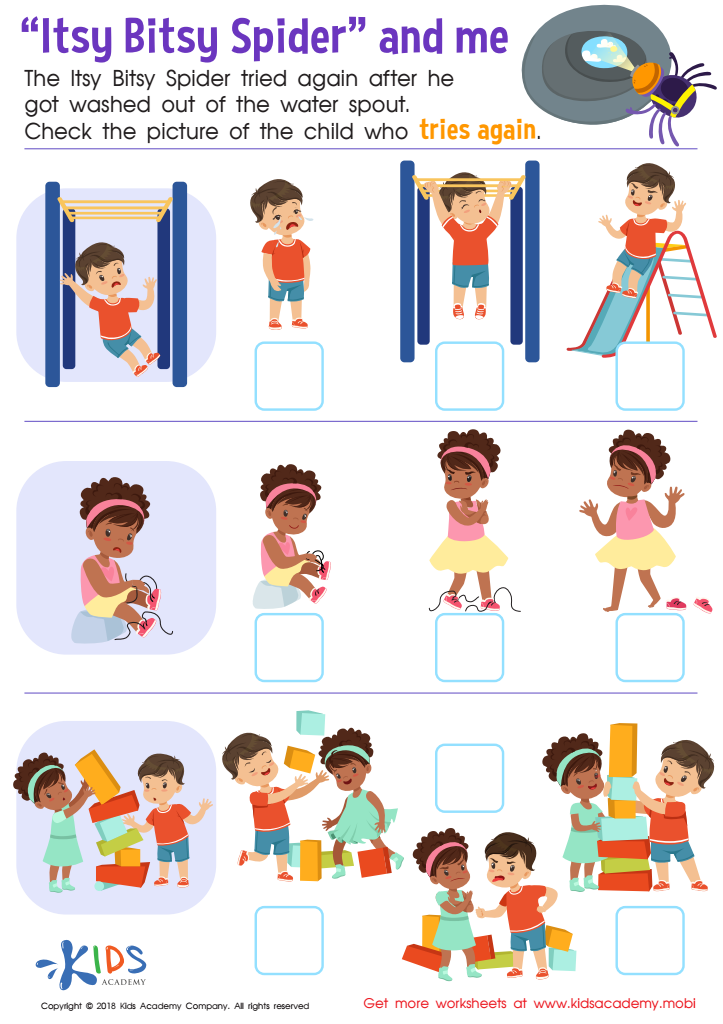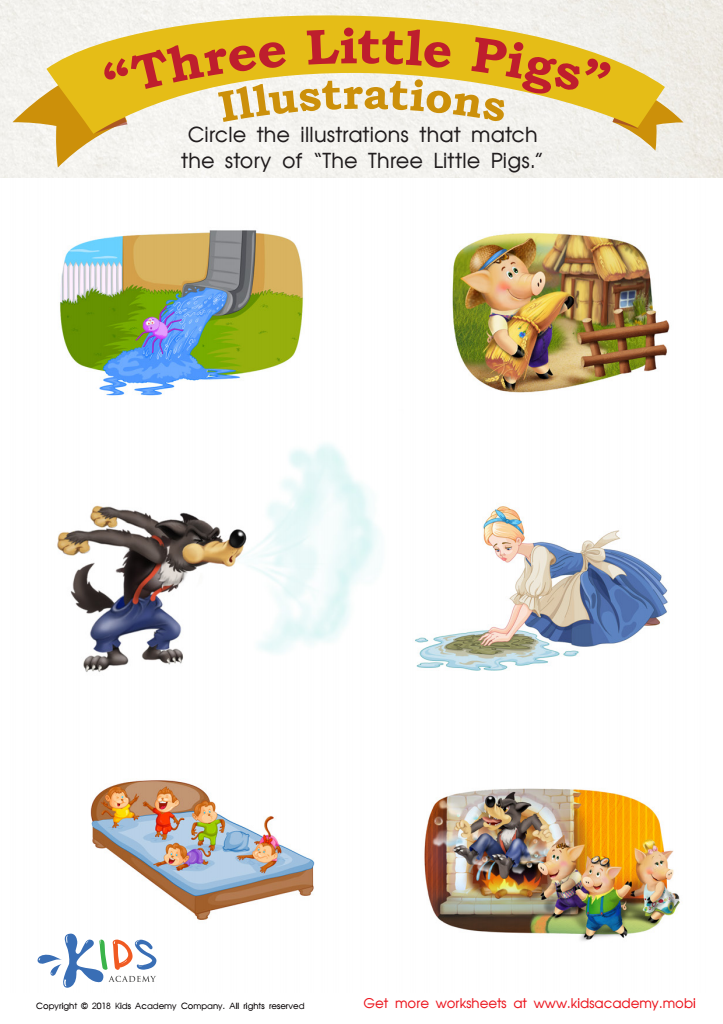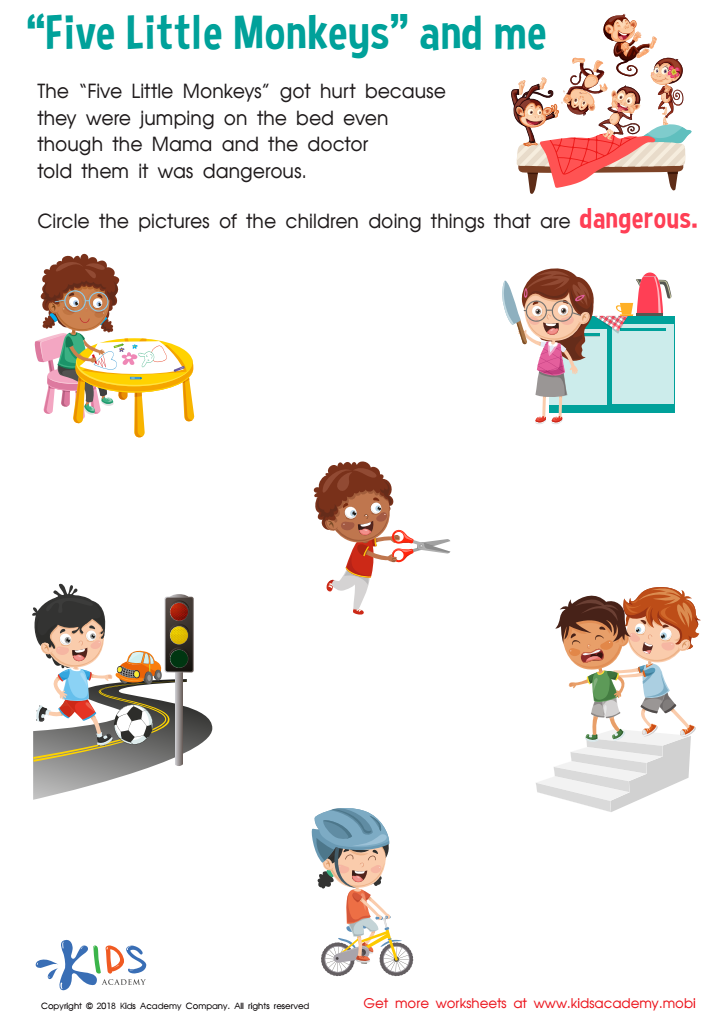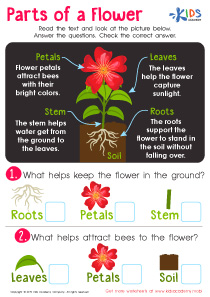Sequencing Skills Easy Reading Fiction Worksheets for 4-Year-Olds
3 filtered results
-
From - To
Unlock your child's reading potential with our "Sequencing Skills Easy Reading Fiction Worksheets for 4-Year-Olds." Designed to develop early reading comprehension, these engaging worksheets help young learners understand story sequences through fun, age-appropriate fiction. Each activity focuses on the natural order of stories, enhancing their ability to predict and recall events. Our worksheets are thoughtfully crafted to build foundational skills in a supportive and entertaining way. Give your little reader a head start with activities that blend creativity and education, making learning enjoyable and effective. Perfect for preschoolers eager to explore the magical world of reading!


Itsy Bitsy Spider and Me Worksheet


Three Little Pigs: Illustrations Worksheet


Five Little Monkeys and Me Worksheet
Sequencing skills are a cornerstone of comprehension and cognitive development in early childhood, making tools like easy reading fiction vital for young learners, especially for 4-year-olds. Enhanced through engaging stories with clear beginnings, middles, and ends, these skills help children understand the logical order of events, promoting critical thinking and better retention.
Parents and teachers should prioritize sequencing skills for several reasons. Firstly, it builds a foundation for reading comprehension, which is crucial for academic success. When children learn to identify the sequence of a story, they better grasp cause and effect, which aids in understanding more complex texts as they progress.
Secondly, sequencing enhances cognitive skills, improving a child's ability to organize thoughts and make predictions. This capability is not just relegated to academics but extends to daily activities, fostering independence and problem-solving.
Moreover, engaging in easy reading fiction nurtures a love for reading. Delightful stories grab young children’s attention and make learning enjoyable, thereby fostering a positive association with books.
In sum, focusing on sequencing skills through easy reading fiction equips 4-year-olds with essential comprehension abilities, cognitive skills, and a love for learning. Thus, both parents and teachers play a pivotal role in guiding their earliest educational experiences.

 Assign to My Students
Assign to My Students






.jpg)
.jpg)








